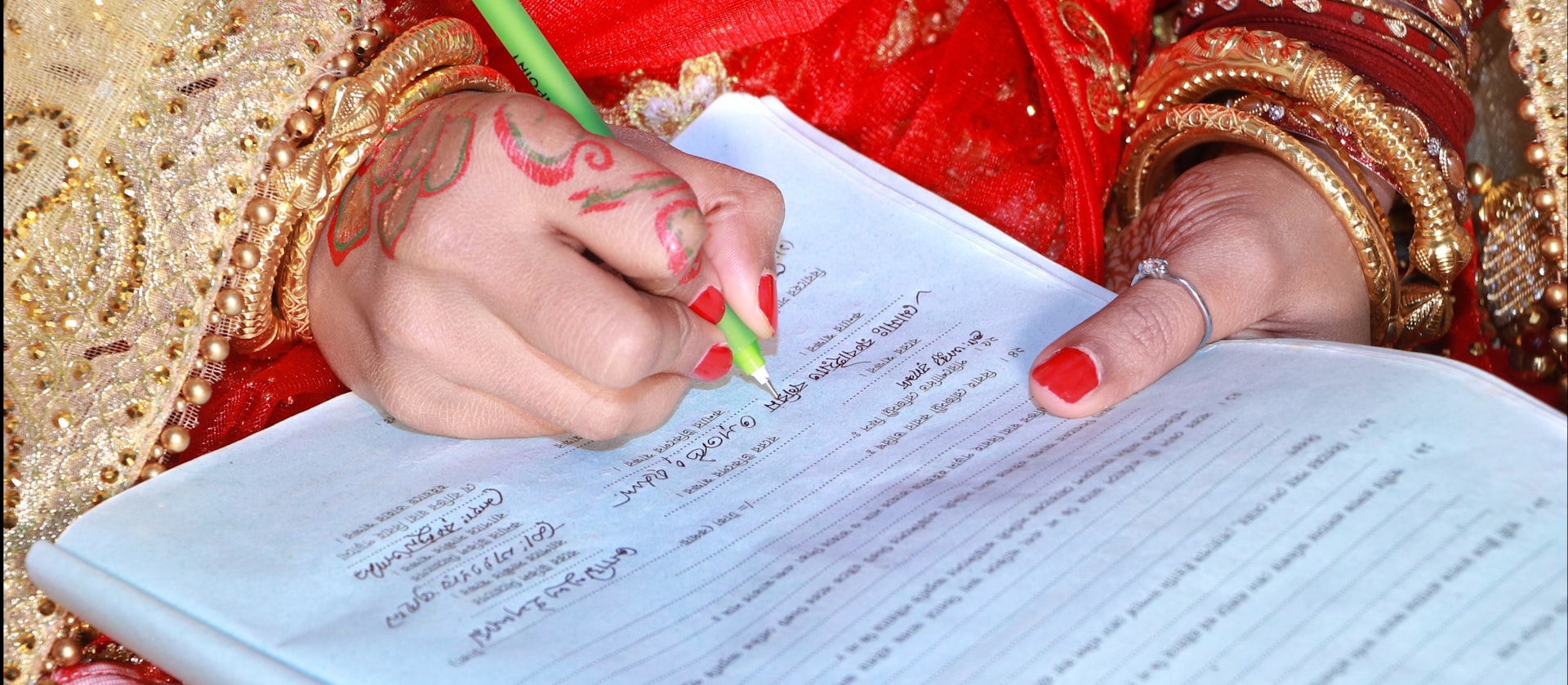Understanding the First Amendment’s Protections for Religious Freedom in America

Photo by Brett Jordan on Unsplash
Introduction: Why the First Amendment Protects Religion
The First Amendment to the U.S. Constitution is foundational to American freedoms. Among its core guarantees is the protection of religious liberty, which has shaped the nation’s laws, culture, and daily life. Understanding what the First Amendment says about religion, how courts interpret it, and what this means for individuals and communities is essential for every resident and visitor in the United States. This article breaks down the Amendment’s language, its historical context, key legal interpretations, and actionable steps to safeguard or assert your rights.
The First Amendment’s Religious Clauses: Text and Meaning
The First Amendment begins:
“Congress shall make no law respecting an establishment of religion, or prohibiting the free exercise thereof…”
This language establishes two distinct yet related protections: the
Establishment Clause
and the
Free Exercise Clause
[3]
.
The Establishment Clause
The Establishment Clause prevents the government from creating or supporting an official religion, or from favoring one faith over another. Historically, this meant there could be no state-sponsored churches or religious tests for public office. Today, the Supreme Court interprets this clause more broadly, prohibiting government actions that unduly favor religion or non-religion, or favor one religious tradition over another [4] . This ensures a clear separation between government and religious institutions.
The Lemon Test, established in
Lemon v. Kurtzman
(1971), is often used to evaluate potential violations. Under this test, a government action is permissible only if:
- Its primary purpose is secular (not religious),
- It neither advances nor inhibits religion, and
- It does not result in excessive entanglement between government and religion [1] .
For example, public schools cannot sponsor prayer, but may teach about religion in an objective, secular way [2] . Government funding may be used for secular activities at religious schools, but not for religious instruction.
The Free Exercise Clause
The Free Exercise Clause guarantees every person’s right to practice their religion freely, or to abstain from religious practice altogether. This protection is not absolute-it is subject to limits if religious practices conflict with compelling government interests, such as public health or safety [1] . For example, the Supreme Court has ruled that states can require vaccinations for children even if parents object on religious grounds, if this is necessary to protect public welfare.
The government cannot punish or discriminate against individuals based on their religious beliefs, nor can it compel anyone to profess faith or disbelief. However, religious exercise may be limited if it violates laws of general applicability that serve significant state interests, such as laws prohibiting harm to others.

Photo by Tim Wildsmith on Unsplash
How the First Amendment Applies in Practice
Both clauses have been interpreted and applied in countless court cases. Some notable examples include:
- Engel v. Vitale (1962): The Supreme Court found that official prayer in public schools, even if voluntary and non-denominational, violates the Establishment Clause.
- Town of Greece v. Galloway (2014): The Court allowed legislative prayer, upholding a tradition of opening legislative sessions with prayer, provided it does not coerce participation or denigrate nonbelievers [4] .
- Prince v. Massachusetts (1944): The Court held that states can require vaccinations for children despite religious objections, due to the compelling interest in public health [1] .
These cases show the ongoing balance courts seek between religious freedom and other fundamental interests. Sometimes, the two clauses may even appear to conflict-for example, when an individual’s religious practice is perceived as government endorsement of religion. In such cases, the courts, and ultimately the Supreme Court, decide how to apply constitutional principles [2] .
Practical Steps: Understanding and Exercising Your Rights
If you believe your First Amendment religious rights have been violated, there are several steps you can take. Note that while this article provides general guidance, legal advice should always be sought from a qualified attorney or through official government channels.
- Document the Incident: Write down what happened, including dates, times, people involved, and any responses you received. This record will be important if you choose to pursue a complaint.
- Contact the Organization or Institution: Many disputes can be resolved by contacting the relevant school, employer, or agency. Ask for their policies regarding religious freedom and accommodation.
- Seek Guidance from Civil Rights Organizations: Organizations such as the American Civil Liberties Union (ACLU) or the Anti-Defamation League provide resources and sometimes legal assistance. You can find their contact information by searching for their official websites and local chapters.
- File a Complaint with the Department of Justice: The U.S. Department of Justice enforces federal civil rights laws. You may file a formal complaint by visiting the DOJ’s official website and searching for ‘civil rights complaint.’ Detailed instructions and forms are available there.
- Consult a Qualified Attorney: For complex or unresolved issues, you may want to consult an attorney specializing in constitutional or civil rights law. State bar associations can help you find a qualified lawyer in your area.
Remember, you have the right to express and practice your religion freely, and protections exist to ensure this freedom is respected in public schools, workplaces, and government interactions.
Common Challenges and Solutions
Conflicts involving religion and the First Amendment often arise in school settings, workplaces, or in the context of government services. Common issues include:
- Prayer or religious expression in public schools
- Religious attire or symbols in government settings
- Requests for religious accommodation in the workplace
- Public funding for religious schools or organizations
When facing such challenges, consider these approaches:
- Know Your Rights: Review official resources from the U.S. Courts or the Department of Justice to understand your legal protections [2] .
- Communicate Clearly: Politely explain your religious needs or concerns to the relevant authority, providing documentation if necessary.
- Use Mediation: Many disputes can be resolved through informal mediation before escalating to legal action.
If you encounter obstacles, civil rights organizations and official government channels can provide support and additional guidance.
Alternative Approaches and Further Research
The interpretation of the First Amendment continues to evolve. Supreme Court decisions may shift the boundaries of what is allowed or prohibited. For the most up-to-date information, you can:
- Visit the official website of the U.S. Supreme Court for recent decisions and case summaries.
- Use the United States Courts’ official website to access educational resources and guides on the First Amendment’s religion clauses [2] .
- Consult the Legal Information Institute at Cornell Law School for plain-language explanations and case law [4] .
If you cannot locate a specific resource, search for the term “First Amendment religion” on the respective agency’s official website or contact their help desks for assistance.
Key Takeaways
The First Amendment guarantees robust protections for religious liberty in the United States. While the government cannot sponsor or endorse religion, it also cannot prohibit individuals from freely practicing their faith. These protections are vital for maintaining a diverse, pluralistic society where freedom of conscience is respected.
References
- [1] U.S. Courts (n.d.). Freedom of Religion – First Amendment Overview.
- [2] U.S. Courts (n.d.). First Amendment and Religion: Educational Resources.
- [3] National Constitution Center (2022). First Amendment: Religion Clauses Slides.
- [4] Cornell Law School Legal Information Institute (n.d.). Establishment Clause Overview.



